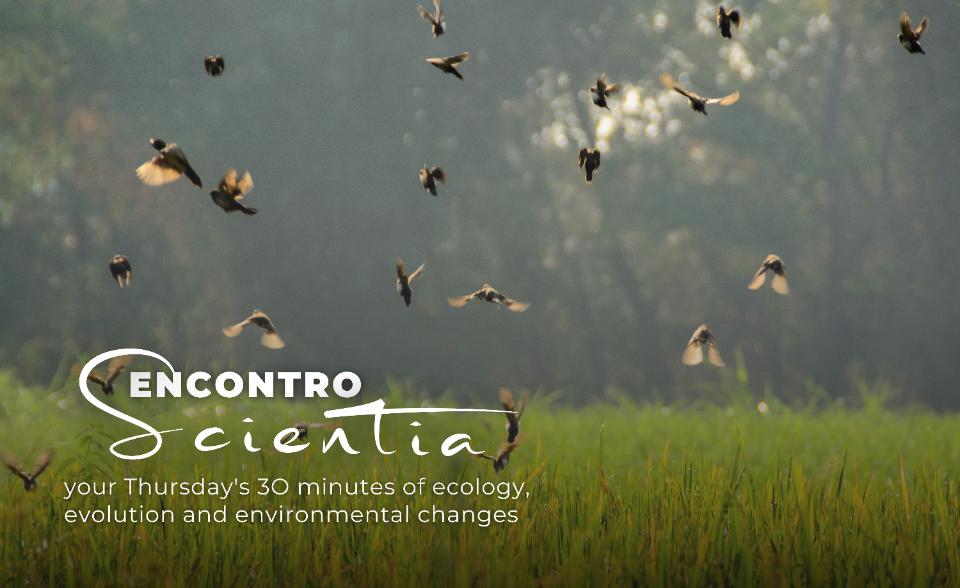-
Date:
20 Jun 2024
-
Location:
Room 2.2.15 - Faculty of Sciences of the University of Lisbon
-
Schedule:
12h00 (Lisbon time)
-
Lecturer or Responsible:
Ana Rainho

Online access • LINK
Password • scientia
Feeding a rapidly increasing human population in an environmentally sustainable way poses a major global challenge. Efforts to maximize crop yields are fuelling agricultural intensification, exacerbating the global biodiversity crisis. Our study aimed to assess the relative contribution of bat- and bird-mediated suppression of insect pests in rice fields in West Africa.
We identified a diverse community of both bird and bat species, many of which are insectivorous, showing seasonal abundance linked to the rice production cycle. Despite farmers' perception of these species as nuisances, our dietary analysis revealed bats consumed many arthropods known as agricultural pests in other African regions. These pests are not highly abundant during the rice cycle in this region, likely due to the low-intensity farming practices used. Possibly due to this low pest abundance and the release of mesopredators in exclusion areas, we did not observe a direct impact of these predators on insect reduction. Some management measures were evaluated, and we confirmed that bat activity is higher around large trees, particularly in wider rice fields.
This ongoing project highlights the potential of integrating bats and birds into ecological intensification strategies to enhance sustainable rice production.

